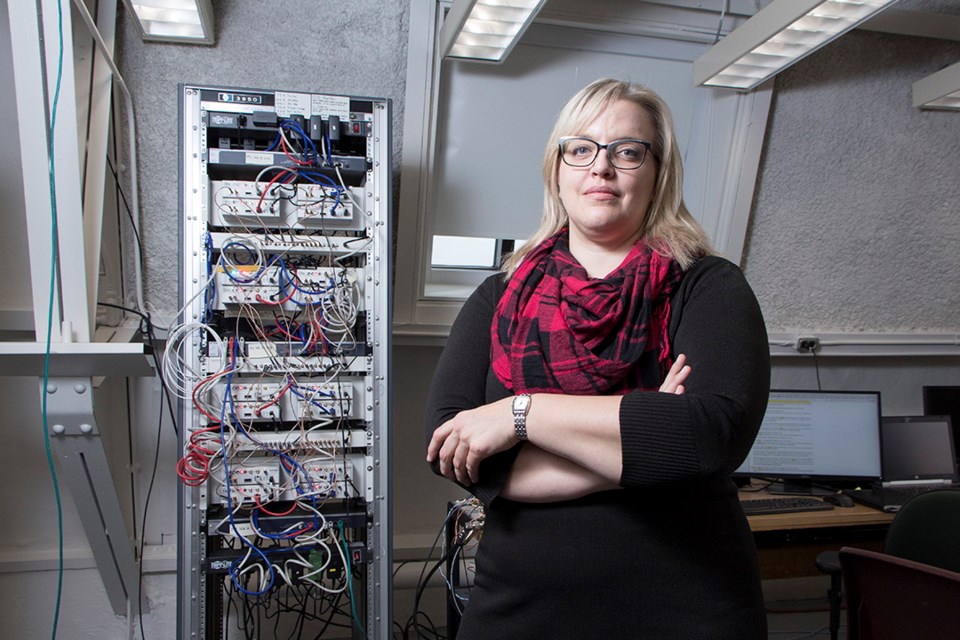SASKATOON – University of Saskatchewan researcher Dr. Kathryn McWilliams (PhD) has been awarded an honorary fellowship from the Royal Astronomical Society (RAS) of the United Kingdom.
McWilliams, a professor in the Department of Physics and Engineering Physics in USask’s College of Arts and Science, is the first Canadian to receive the honour.
The RAS awards honorary fellowships to scientists living outside the United Kingdom who are eminent in the fields of astronomy or geophysics. McWilliams said she feels “humbled and honoured” to receive the award.
on Jan. 14, the RAS acknowledged McWilliams as “an unquestioned international expert in the dynamics of field-aligned currents that link the solar wind, magnetosphere and ionosphere.”
McWilliams is the director of — the Canadian arm of an international project that uses radar to study Earth’s upper atmosphere. In 2019, she was elected chair of the SuperDARN executive council, the group responsible for leading the scientific collaboration among 10 countries.
SuperDARN studies space weather, including the aurora.
“We are trying to understand all the processes involved in creating the aurora. Like the weather maps that we see in the news, SuperDARN provides a vast scan every minute of the electrical voltage in the atmosphere not too far below the altitude of the International Space Station’s orbit,” said McWilliams.
As the head of SuperDARN Canada, McWilliams has led the development of a new radar system called Borealis that improves the capability and flexibility of the project’s radar stations. The new radars are already operating in Canada, while two international SuperDARN partners have begun upgrading to the Borealis system.
McWilliams earned her Bachelor of Science and Master of Science from USask and her PhD from the University of Leicester in England.
The first tenured female faculty member in the Department of Physics and Engineering Physics, McWilliams has dedicated most of her career to the SuperDARN project. She first became involved with SuperDARN Canada as a summer student in 1992, when she helped build the first radar site east of Saskatoon.
“I find magnetospheric research very interesting. Understanding how conditions in space connect with conditions in our atmosphere and even down to ground level is a very complex problem to solve,” McWilliams said.
SuperDARN Canada is based at USask’s Institute of Space and Atmospheric Studies. The international SuperDARN project operates more than 30 radar sites around the world.




